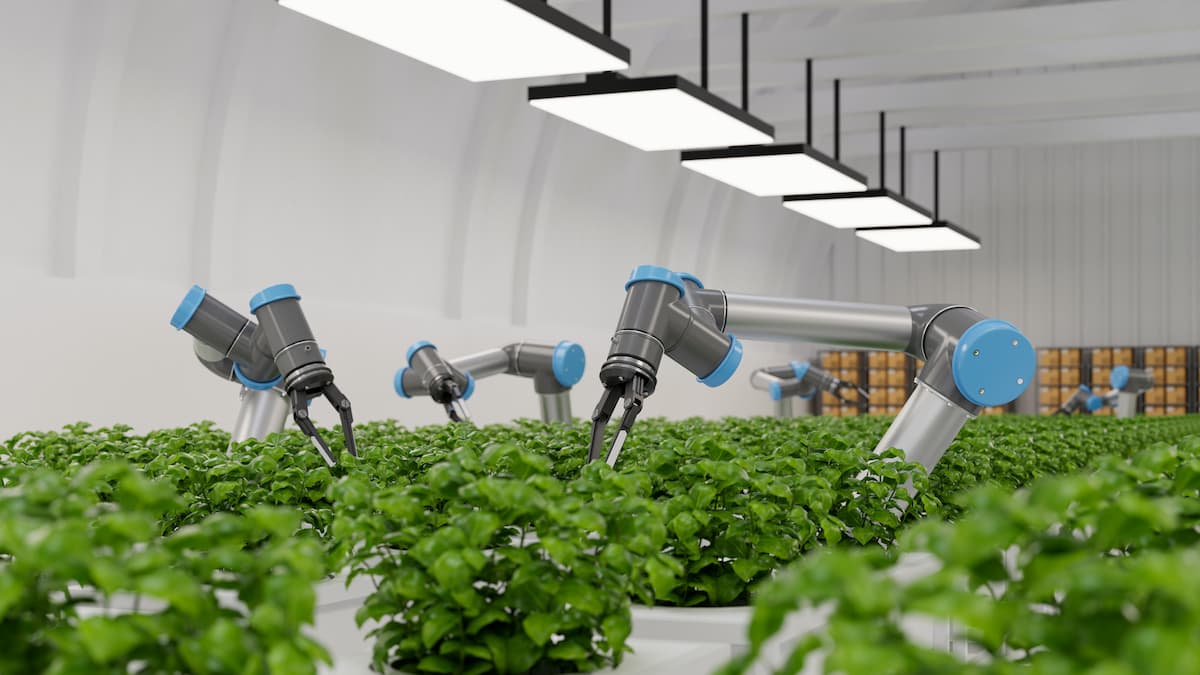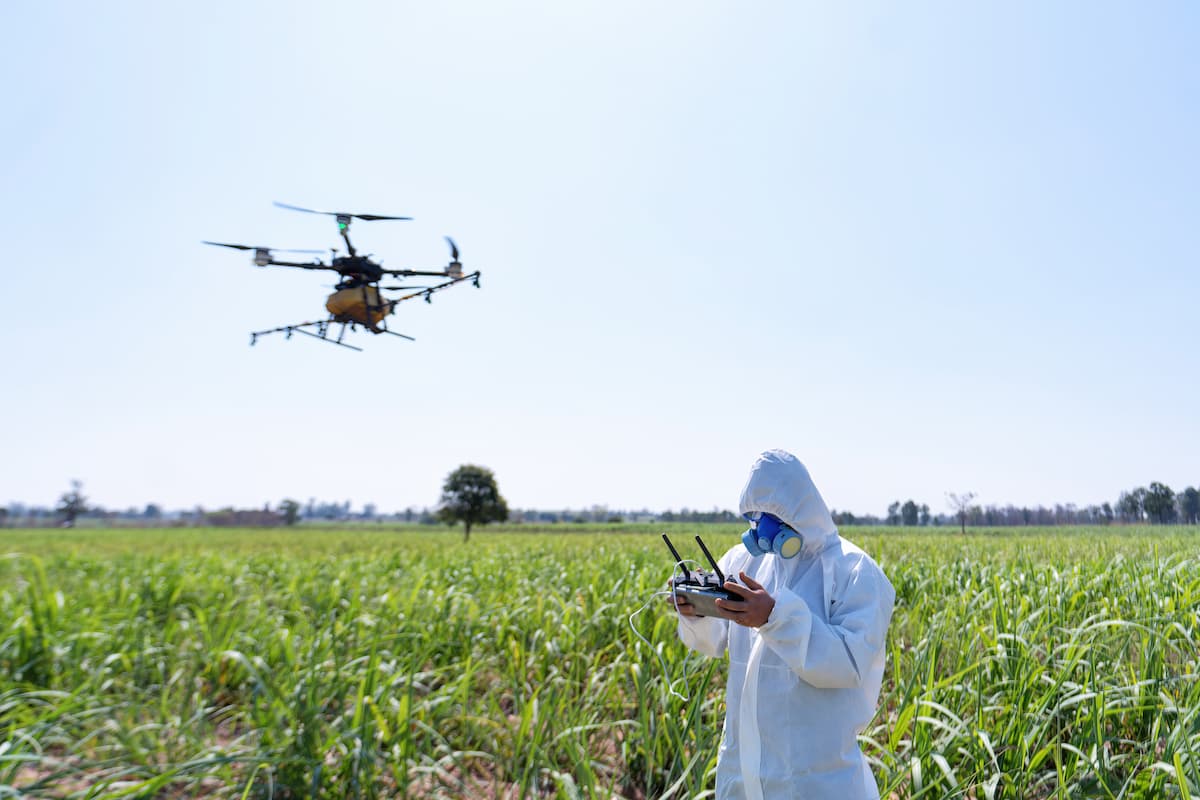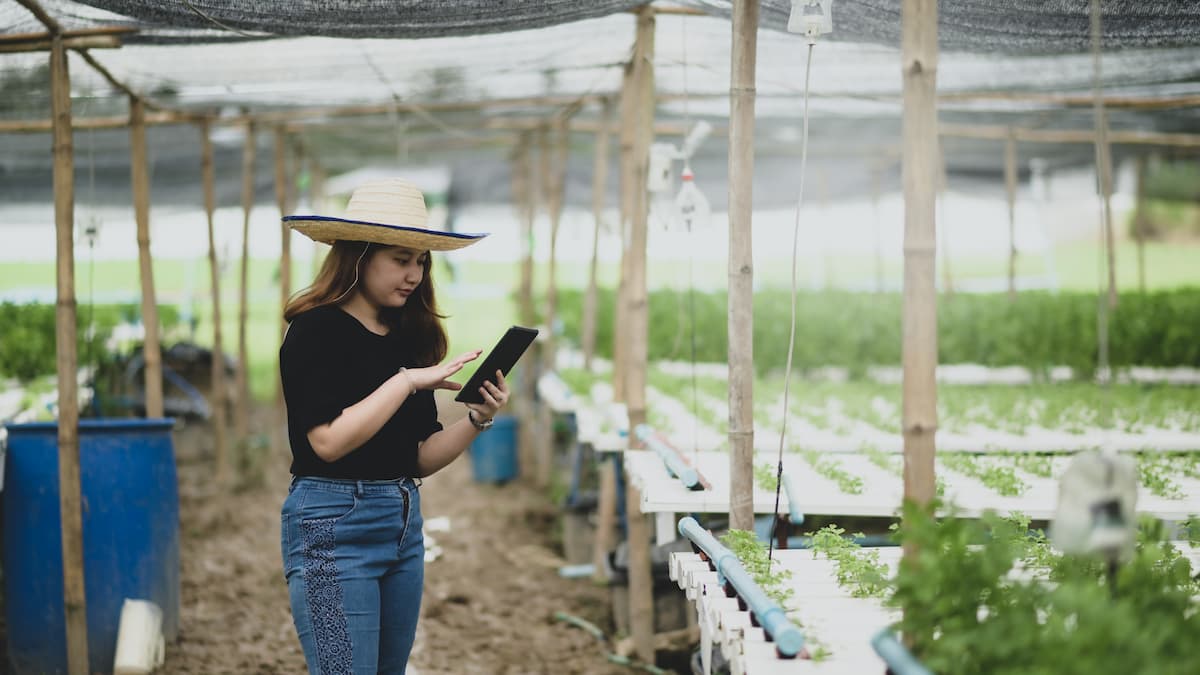Farming has been essential to human civilization for thousands of years and continues evolving with technology. Automation promises to revolutionize the agricultural industry by increasing efficiency and improving crop yields. Farm automation enables farmers to perform their duties more efficiently while reducing labor costs.

How Automation Will Transform Farming
The Impact of Automation on Farmers
Automation has revolutionized the agricultural industry and brought about a significant impact on farmers. With automation, farmers can now perform their tasks more efficiently and effectively, with less physical strain involved. Using machines in farming ensures that work is done faster and more precisely. One of the impacts of automation on farmers is increased farm productivity. Automation allows for better crop management by providing accurate information about soil health, weather patterns, and plant growth stages.
This data helps farmers decide about planting schedules and irrigation levels, leading to higher crop yields. Moreover, automation also reduces labor costs by cutting down the need for manual labor in certain aspects of farming, such as harvesting or weeding. Farmers can now rely on machines to perform these tasks quickly and accurately without human intervention. In addition to planting and harvesting processes that have been automated for years now, today’s precision agriculture practices rely heavily on data collection through sensors mounted on tractors or drones flying over fields.
These sensors collect information about soil moisture levels or nutrient content which helps farmers make better decisions regarding fertilization schedules. Initial implementation costs may be associated with purchasing machinery or upgrading software systems; however, these investments often result in long-term cost savings once implemented correctly. Technology will continue playing an increasingly important role for future generations of our food supply chain.
The Benefits of Automation in Farming
One of the most advantages of automation in farming is a reduced need for human labor. With machines and other technological devices performing tasks that would have once required countless hours of manual labor, farmers can focus on higher-level decision-making and strategy. This, in turn, allows them to be more productive and efficient with their time.
Another benefit of automation in agriculture is an increase in food production. Machines can work faster than humans while maintaining accuracy and precision. As a result, farmers can plant and harvest larger quantities of crops than before. Additionally, automated systems can monitor crop growth patterns more effectively than people could alone; this helps ensure optimal growing conditions are maintained throughout the process.
Improved crop yields are yet another advantage brought about by farm automation. Automated irrigation systems help manage water usage more efficiently by providing only what each crop needs – no less or no more – which reduces costs associated with wasted resources such as excess water.
The enhanced operation efficiency provided by farm automation also leads to better project management for farmers: They can track progress easily from one season to another while making real-time adjustments, if necessary, based on weather forecasts or climate changes affecting their crops.
What are Examples of Automation Devices in Farming?
- Irrigation Drones
- Planting Robots
- Automated Tractors
- Analytical and Monitoring Farming Tools
- Automatic irrigation
- Seeding and weeding robotics
In case you missed it: Smart Farming in Greenhouse: How to Start Using IoT Automate and Optimize the Growing Process

What is the Role of Automation in Agriculture?
- Agriculture automation has become a key process in modern farming. It involves using specialized and advanced technologies to streamline various farm operations, including planting, harvesting, irrigation, fertilizing, and pest control. With the help of automation systems, farmers can achieve greater efficiency and productivity while reducing costs.
- Automation plays a vital role in agriculture by providing tools that enable farmers to analyze data about their farms’ performance. By analyzing this data, they can identify areas that need improvement or optimization and make necessary adjustments accordingly.
- The use of automated machinery also enhances precision and reduces human error on the farm. Automated equipment such as tractors with guidance systems ensures crops are planted precisely at optimized distances for maximum yields.
- Agricultural automation also allows for more efficient resource management on the farm since it provides real-time monitoring capabilities for soil or crop health status and moisture levels. This helps reduce water waste through better irrigation practices while improving crop yields through timely nutrient delivery.
How Automation Will Change the Way of Farming?
It will allow for greater precision and accuracy in planting crops and applying fertilizers and pesticides. This will help farmers achieve higher crop yields with fewer resources. Automation will reduce the need for human labor on farms. With machines taking over repetitive or dangerous tasks, farmers can focus on more skilled work that requires human intuition and decision-making.
Automation can improve sustainability in agriculture by reducing waste and increasing efficiency. For example, irrigation systems that use sensors to detect soil moisture levels can prevent overwatering crops, saving water while avoiding damage from excess moisture. Automation has enabled farmers to plant and harvest crops precisely and accurately, increasing food production. The use of machinery not only reduces human error but also saves time during planting and harvesting seasons.
Implementing automated systems into farming practices has significantly improved crop yields. By using sensors, farmers can monitor their crops more effectively than ever before. Automated tractors also transform farming by performing multiple operations, such as plowing fields and harvesting crops with minimal human intervention. They save time and labor costs while increasing productivity levels. Analytical tools like drones with sensors can gather real-time data on crop health and weather patterns to help farmers decide when to irrigate or fertilize their fields.
In case you missed it: Automation and Robotics in Greenhouse Farming

In addition, automation enhances operational efficiency by streamlining processes such as fertilization, pest control, and weeding. Farmers can manage multiple projects simultaneously with ease due to these technological advancements. The impact of automation on farming cannot be overstated; it has transformed agriculture from a manual labor-based industry into a high-tech field where innovation is key.
Conclusion
Automation machines can help plant crops at a faster rate than manual labor could ever achieve. This results in an increase in food production levels while also improving crop yields. Farm automation in agriculture refers to using technology and machinery to automate various farming tasks such as planting, irrigation, harvesting, and livestock management. It involves the integration of advanced technologies like sensors, drones, robots, and autonomous vehicles into traditional farming methods.
- Ultimate Guide to Ossabaw Island Hog: Breeding, Raising, Diet, and Care
- Ultimate Guide to Juliana Pig: Raising Facts, Size, Diet, Care, and Lifespan
- Raising Lleyn Sheep: Disadvantages, Price, Uses, Characteristics, and Care
- Ultimate Guide to Meishan Pig: Breed Facts, Breeding, Raising, and Care
- Ultimate Guide to Teacup Pigs: Raising, Diet, Lifespan, Cost, and Care
- Guide to Raising Poll Dorset Sheep: Facts, Profile, Characteristics, Uses, and Care
- Ultimate Guide to Bighorn Sheep: Characteristics, Diet, Lifespan, Breeding, and Lifecycle
- Ultimate Guide to Raising Katahdin Sheep: Farming Facts, Breed Profile, Uses, and Care
- Ultimate Guide to Raising Oreo Cows: Belted Galloways Farming Facts, Profile, Uses, and Care